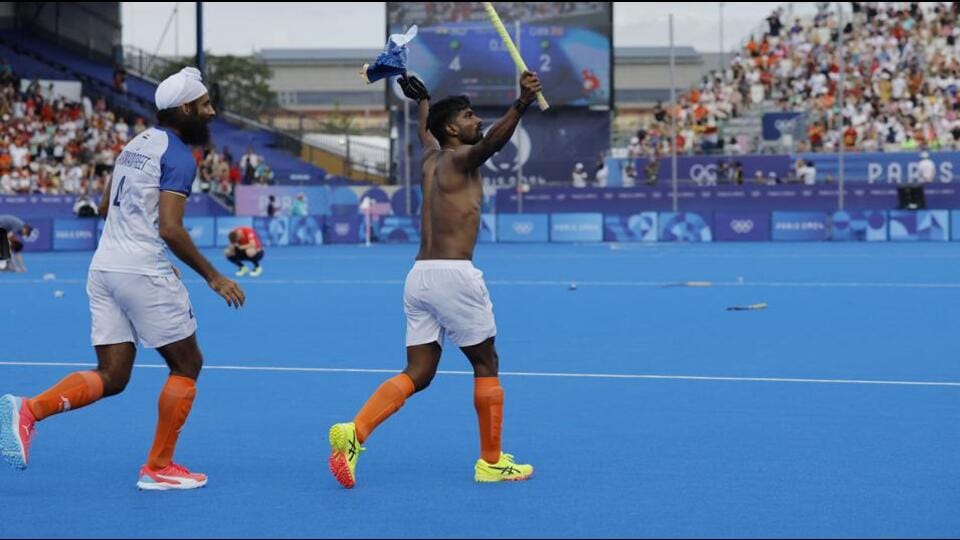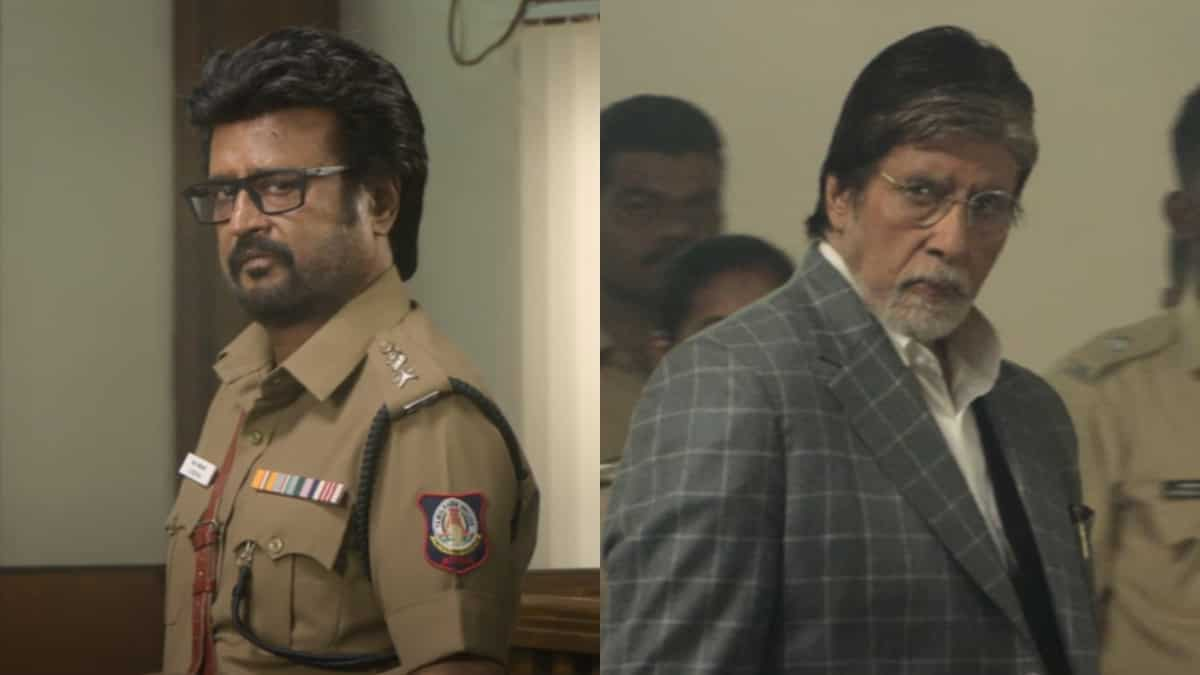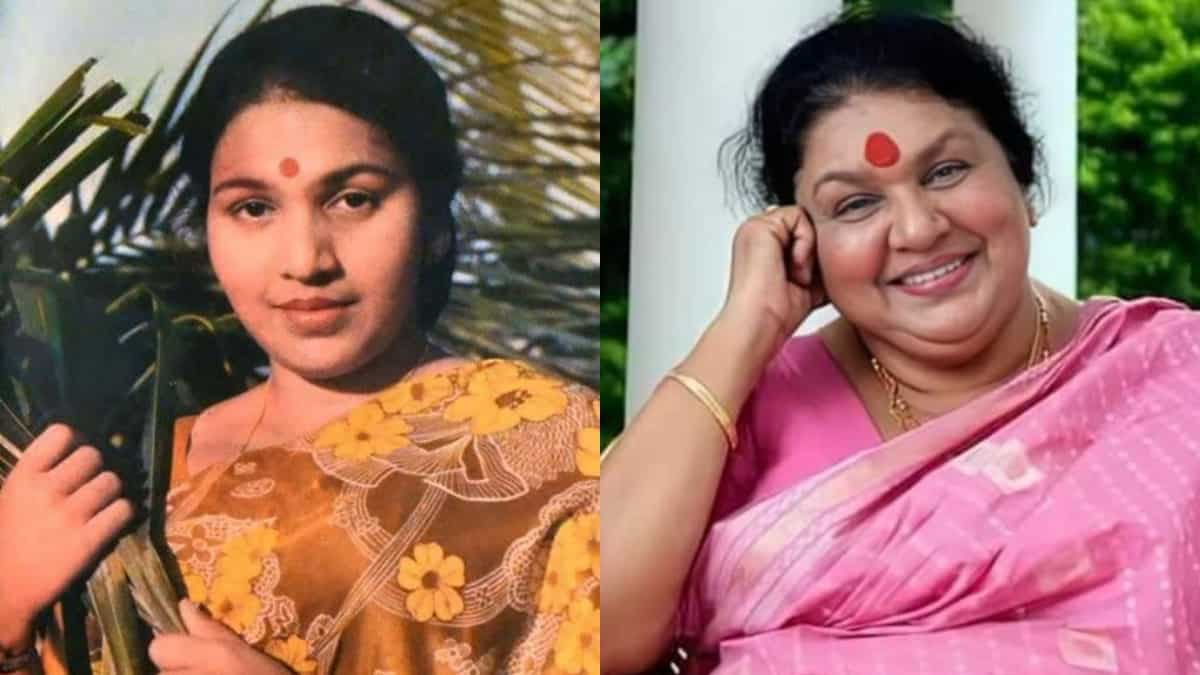
Power equations are just some of hockey's changing demographics
1 month ago | 11 Views
India, Aug. 5 -- International hockey is changing, it is changing fast and it is changing for the better. The medals are no longer the monopoly of a few elite nations. Paris 2024 will throw up a different men's gold medallist for the third successive Olympics. That the title contenders often get shuffled is a pointer to the competitive level becoming so close that hockey watchers often find the names of some top countries missing when tournaments reach their climax.Not only are the men's gold medallists of the past two Olympics Games - Argentina (2016) and Belgium (2021) - missing from the semi-final line-up here at Paris, even the prodigious Australia, silver medallists of the Tokyo Olympics, have fallen by the wayside by the time the round of eight concluded.Just imagine that India - bronze medallists - are the highest ranked team from the previous Olympics in the last-four stage.World champions Germany and multiple title winner The Netherlands continue to be in the gold-medal race. But the two others present a unique picture. Spain's re-emergence is equally amazing as India ending their drought by clinching the bronze medal at Tokyo 2021. India, our course, are now back in their second consecutive semi-finals after missing from medal-winning ranks for four decades.
Spain have featured in most Olympic men's competitions without winning the gold medal - which slipped away from them in 1996 and 2008 -- but the impact of their young team has overwhelmed strong contenders Germany and Belgium in the remarkable run that places them in the semi-final against the Dutch.For the past decade and a half, Spain's team had been pushed to the ranks of also-rans before ex-Dutch international Max Caldas, who was the previous coach of The Netherlands men's team, came into the frame and spurred the young team that he has groomed for the past few years.When Spain knocked Belgium out of the quarter-finals, it also marked the end of a glorious run for the Red Lions from Brussels whose focus on the game had produced massive dividends within a decade and even made them the country's maiden Olympic medal winners in a team sport. It was a different matter that they were beaten to the post in 2016 by a penalty corner blitz that earned Argentina their maiden men's title. Until then, Argentina's men hockey players had lived in the shadows of their world-beating women's teams - the players often enduring taunts that they weren't a match for the ladies.Belgium, of course, came back to emerge as the best in Europe - which was no mean achievement - before climbing to the top of the medal podium in Tokyo. The quality of these teams has become so intense and competitive that dominance for an extended period now seems a thing of the past.That criteria, of course, does not apply to Germany, who have defied all comers to stay among the best since they broke the Asian domination of global titles in 1972 during the Munich Olympics. When West Germany defeated Pakistan in the final of the '1972 Olympics, they not just ended an Asian monopoly on global titles. They provided a sense of belief to the Europeans.The Olympic hockey glory, after all, was divided between India and Pakistan since 1928, while the inaugural World Cup trophy had also travelled to Lahore. The Netherlands became the first non-Asian team to win the World Cup, when they rallied to beat India in the 1973 final through a tie-breaker.
Leaving the technicalities of playing the game aside, hockey was a simple sport. What else would you expect from a game featuring equipment like a shepherd's stick. It all started changing when the Europeans used their dominance of the rule-drafting panels to make a string of changes that suited the European game and neutralised the advantage held by India and Pakistan.India's return among the medallists at Tokyo was just one part of the demographic changes, which include international migration of top players, who have changed nationalities even after claiming glory in global events.While 2016 Olympic gold medallists Argentina are not to be seen among the semi-finalists in Paris, two players from that champions side are now medal hopefuls with different teams - a trend that hockey was not always comfortable with.In the 2016 Olympic final, ace Argentina shooter Gonzalo Peillat's penalty corner conversions snatched the gold medal away from Belgium. But he soon left the South American country following a tiff with the coach and announced he would never return to play for Argentina.Peillat moved to Germany, where he played domestic hockey for top clubs, qualified for German nationality and came back in 2023 to again torment Belgium in the final of the World Cup. Once again, Peillat was instrumental in Belgium losing the final. He continues to be a potent force in the German arsenal.Peillat's 2016 Argentine teammate Joaquin Menini, who plays as a forward, is now boosting the strike-force for Spain, whose coach is Caldas. Spain acknowledges that Caldas has already done wonders in shaping their national squad.





















